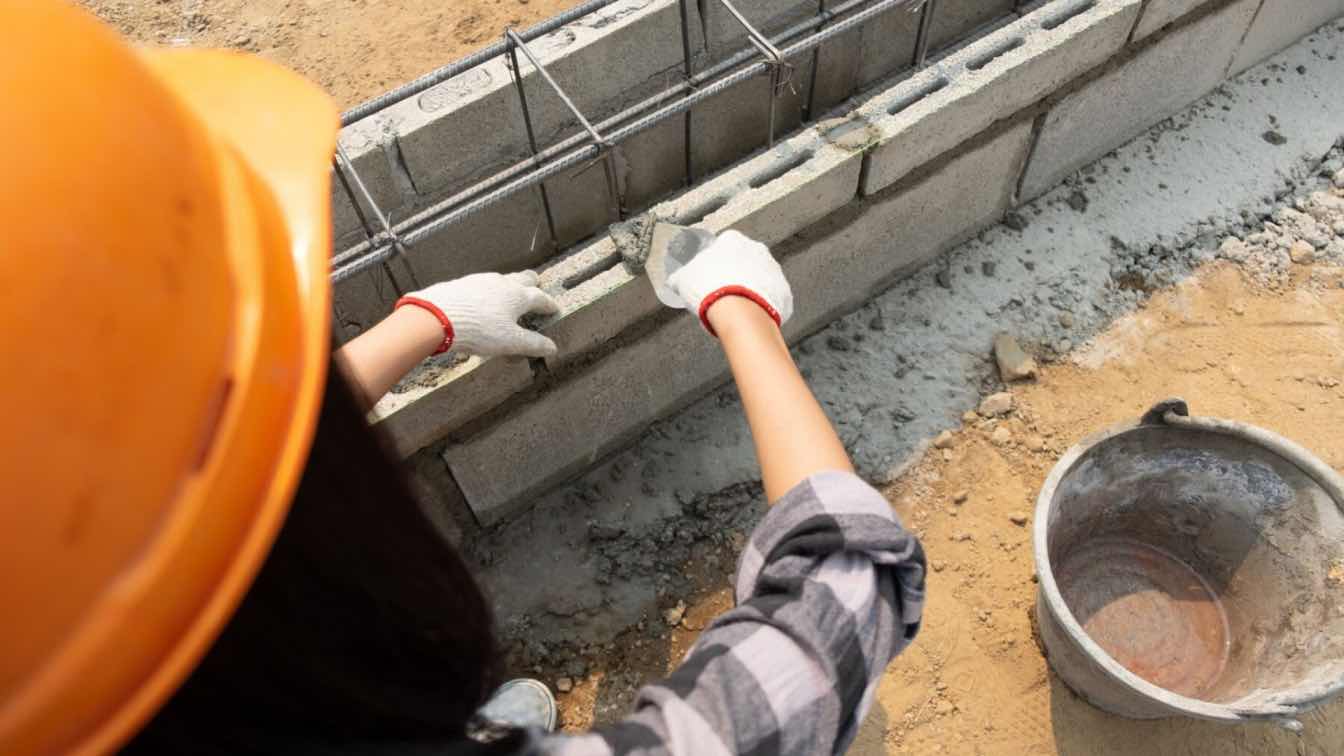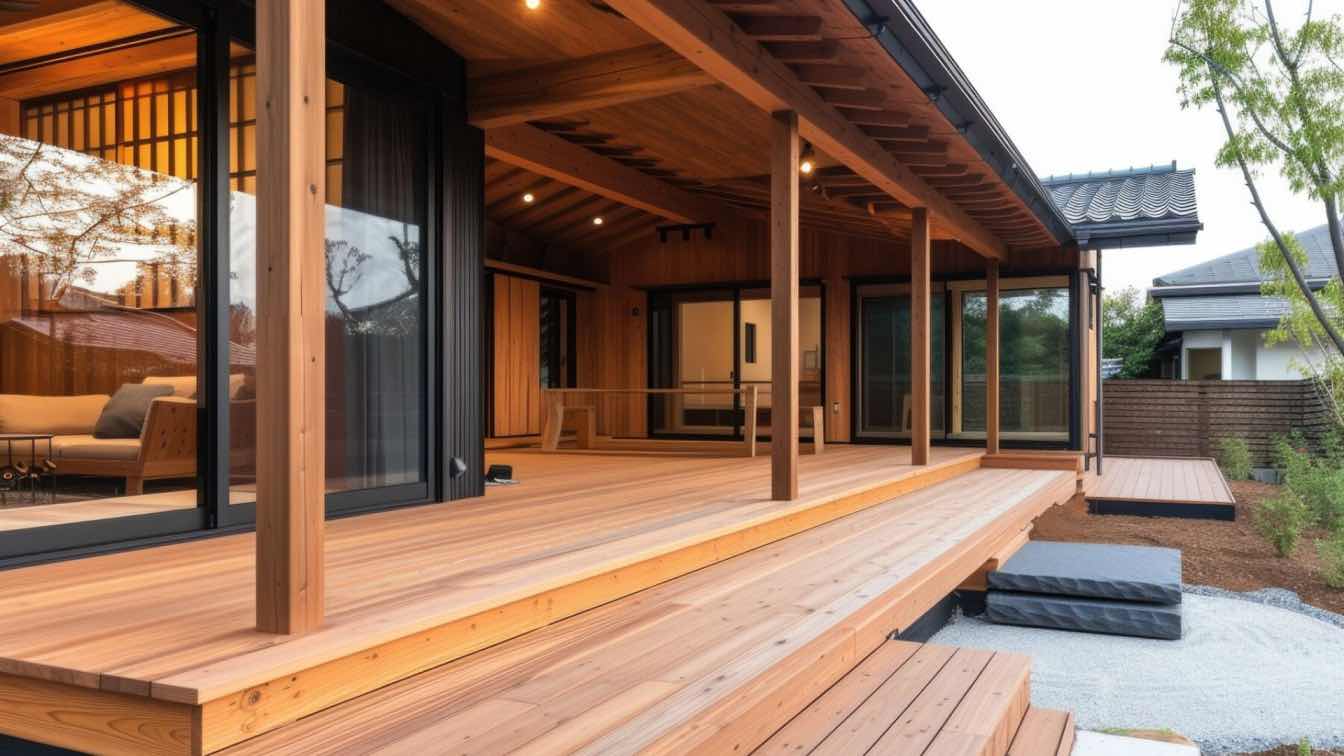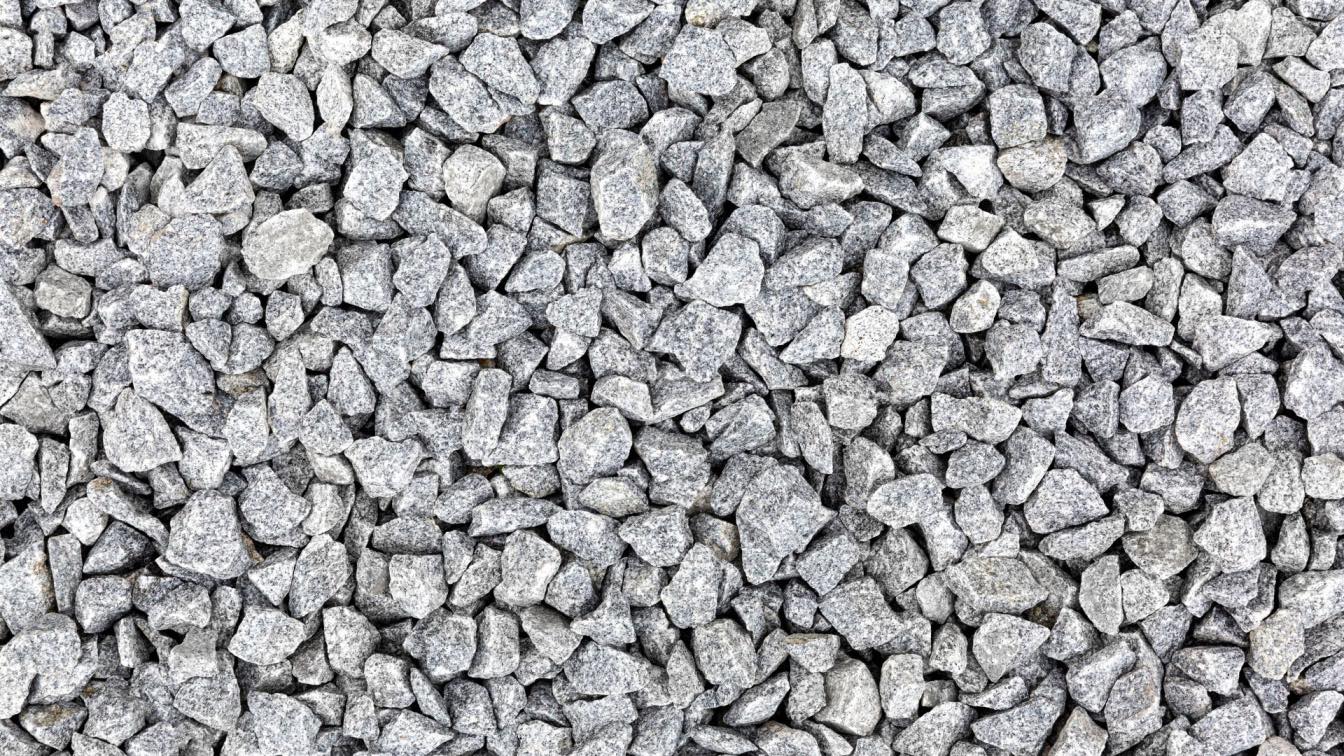Having a roof over your head is one of the most basic human needs. You should consider yourself fortunate if you have a place to call home and do everything in your power to keep it safe and comfortable for your family. To ensure the safety and integrity of your home, make sure its foundation is in good condition. Problems in the building’s foundation can lead to structural damage, lowering its value. It is important to spot signs of foundation problems before it is too late. Here are the most common signs that indicate your home might need foundation repair.
Cracks in Walls and Floors
If there is a problem with the foundation of your home, you are most likely to notice cracks in your basement walls and floors. There are several potential reasons why cracks may appear on your walls and floor. In a high-humidity environment, moisture can cause cracks in the walls over time. Moreover, too much water pressure, building settlement, or soil erosion can cause cracks in your St. Louis home. Whatever the reason may be, it is recommended that you get it checked by professional experts and get the much-needed foundation repair in St. Louis.
Poor Water Drainage
Too much water pressure on your foundation walls can weaken the structure and cause foundation issues. If your home lacks proper drainage, water can pool around your foundation and cause it to weaken and crack. This may lead to a flooded basement, water seeping into your home through the cracks in the foundation, and the pooling of water due to a lack of absorption into the soil. You need to check around your property for wet soil if there has not been any rain in the last few days or soil that is too dry even after rains. These are signs of poor water drainage and may require exterior foundation waterproofing.
Leaning and Bowing Walls
While there are several possible reasons why a wall in your home may lean or bow, the most common reason is the lack of foundation support. This may be caused by the sinking of the ground, the settlement of the building’s foundation, or an issue with the original construction. If you see the foundation walls bow more than three inches, it is recommended that you contact professionals to install wall anchors and stabilize them. In some cases, you may need to excavate part of the foundation and rebuild it.
Gaps in Doors
When there are some problems with the foundation, you may notice some significant changes in the way the doors operate. If the foundation has settled deeper, the doors may get stuck or not close properly. A lot of homeowners overlook these signs and do not realize that their home’s foundation may be sinking. There are several reasons why the foundation may start sinking, such as poor construction, ground movement, and drainage problems. If you notice door gaps that were not there a week ago, consider contacting a professional foundation repair company for a thorough inspection.
Uneven and Sagging Floors
When you notice that things are rolling easily on the floor, it may be a sign of foundation issues. This sign indicates that the weight of the building is not properly dispersed along the foundation. As a result, there is uneven pressure on the foundation walls and floor. Soon, you may notice your floors bowing or forming new cracks if the problem is not fixed. Usually, the floors in a building will sag by ½” due to normal wear and tear. However, if it sags more than that or forms new cracks, it is better to inform a foundation repair expert and get the issue resolved.
Don’t Delay the Repair
If you have noticed any of the aforementioned signs, do not wait for the situation to get worse. Contact a foundation repair expert in your area and have your property inspected for potential issues with your home's foundation. Leaving such a problem for a longer period of time puts the lives of your family at risk. The experts can analyze the problem and identify the root cause to provide an effective solution that will increase the longevity of your home.





